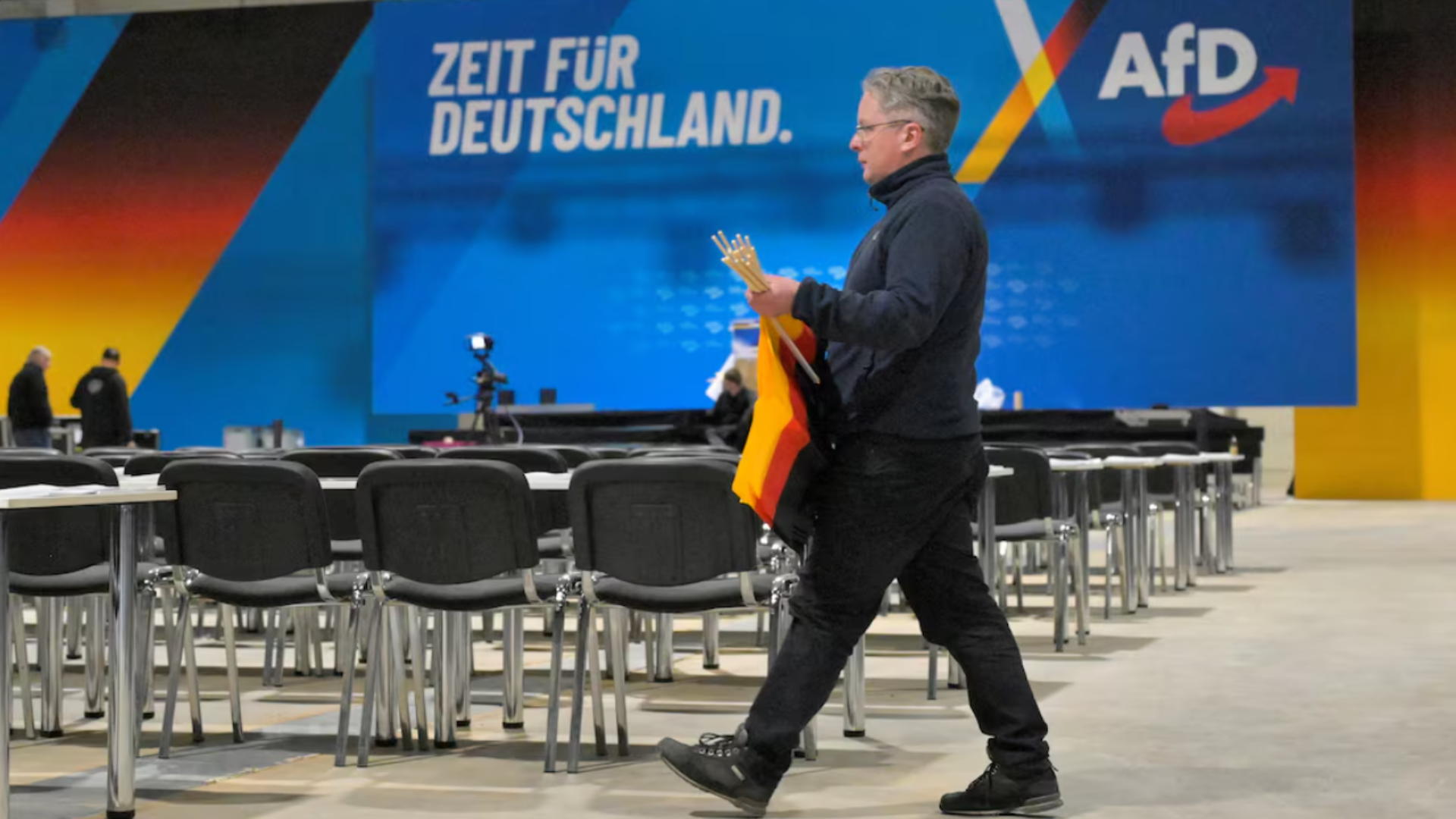Germany’s far-right political party, the Alternative for Germany (AfD), is currently embroiled in a significant scandal involving a large donation that has raised suspicions of money laundering. This investigation comes at a critical time as the nation prepares for parliamentary elections scheduled for February 23, 2025. The donation in question, amounting to €2.35 million (approximately $2.46 million), is reportedly the largest ever received by the party and has been linked to questionable financial practices that could lead to severe legal repercussions for the AfD.
Background of the scandal
The controversy centers around Gerhard Dingler, a former official with Austria’s Freedom Party (FPÖ), who allegedly acted as a frontman for the donation. Investigative reports from Der Spiegel and Austria’s Der Standard reveal that Dingler received €2.6 million from Henning Conle, a German-Swiss billionaire with a history of controversial donations to the AfD. Dingler claimed that the funds were intended for a real estate project, but shortly thereafter, €2.35 million was transferred from his account to ASS Werbe GmbH, an advertising firm in Cologne, which specializes in billboard campaigns.
Legal implications
Under German law, political parties are prohibited from accepting “straw man” donations where the true donor’s identity is concealed. If the allegations against Dingler and the AfD are substantiated, the party could face fines amounting to three times the illegal donation, potentially totalling around €7 million. The German Federal Criminal Police Office and Austrian intelligence agencies are involved in this ongoing investigation, which underscores the seriousness of the allegations.
Broader implications
This situation raises broader questions about political financing in Germany and highlights ongoing concerns regarding far-right movements across Europe. The scrutiny surrounding this donation comes amid growing apprehension about extremist ideologies gaining traction within mainstream politics. As public awareness of these issues increases it may provoke further discussions about regulatory reforms concerning political donations and transparency in campaign financing.
Conclusion
The investigation into the AfD’s financial dealings is a developing story that could have significant implications not only for the party but also for Germany’s political landscape. With elections just days away, all eyes will be on how this scandal unfolds and its potential impact on voter sentiment.






